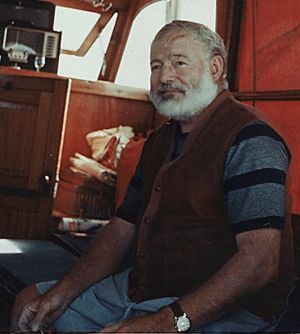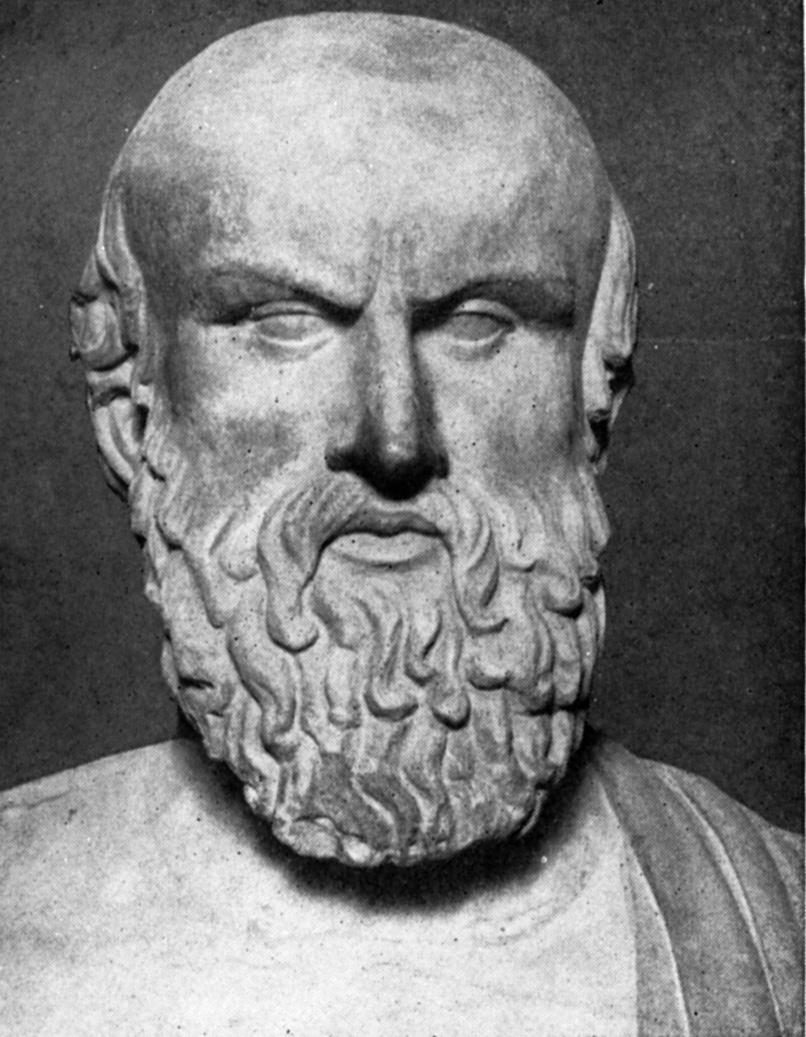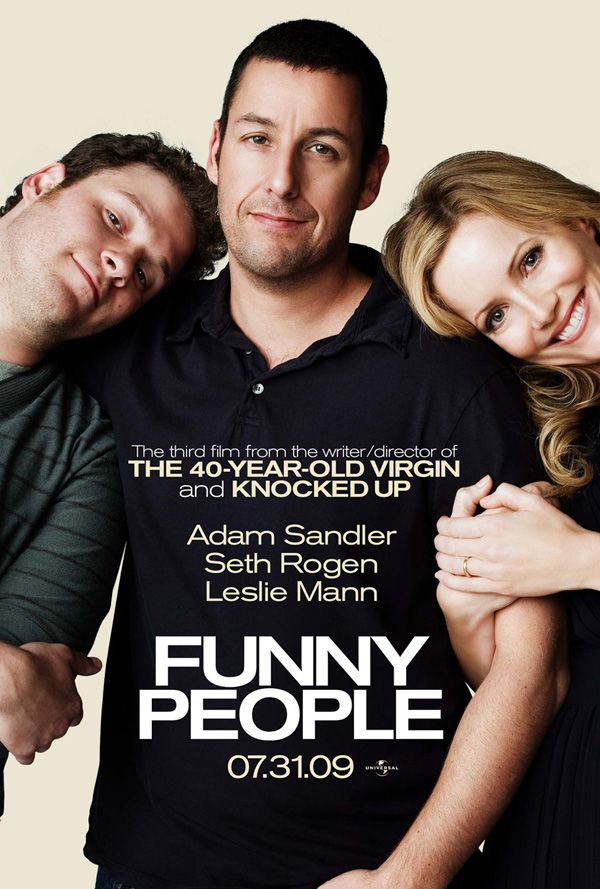 Hemingway: Not to Be Lost In Our Time
Hemingway: Not to Be Lost In Our Time When Ernest Hemingway wrote In Our Time, he declared in a letter that it “will be praised by highbrows and can be read by lowbrows.” The fact that it remains part of the English major canon, yet can easily be put away an hour before lecture proves that Hemingway knew what he was talking about.
The book contains many famous short stories that are often anthologized, including “The Battler,” “ Indian Camp,” and “Cat in the Rain.” However, the work is worth more than the sum of its parts. Blurring the usual genre boundaries, the stories are broken up with short italicized vignettes, unrelated in subject to the stories. Some of the stories have the same protagonist—Nick Adams—while others do not.
Yet Hemingway insisted that some thread of unity binds the work. One of the most satisfying parts of the book is pondering what that is. Reading it, I was forced to ask myself: is Hemingway’s time anything like ours, today? Is our world, too, one that cannot be evoked in a novel of chronological order and a neat plot?
Breaking out of the usual novel bubble, I’ve found as an English major, can yield satisfying results.
So why’d they give him a Pulitzer?
"I want to pull my hair back tight and smooth and make a big knot in the back that I can feel," she said. "I want to have a kitty to sit on my lap and purr when I stroke her," says “the American wife” to her husband in “A Cat in the Rain.”
In the story a young American couple lounges at an Italian hotel on a rainy day. The wife sees a cat crouching under a table at the café across the street. She decides she wants it, but goes out in the rain only to find that the cat is gone.
At the end, the maid brings the cat up to the room, telling the wife that the hotel padrone had asked her to.
And that’s it. Barely four pages of simple prose.
What, then, about Hemingway’s style makes him part of the syllabus?
 The greatness of the story is that in telling so little, it reveals so much. We see that the anonymous American wife is in need of something that her husband is not giving her. We see two people pretending to be at home in a foreign land that is not just geographic.
The greatness of the story is that in telling so little, it reveals so much. We see that the anonymous American wife is in need of something that her husband is not giving her. We see two people pretending to be at home in a foreign land that is not just geographic.
The pull of the work is in all the things we don’t see. In all of the stories, Hemingway lays out the facts like a good journalist. Often they are violent. But he does not tell us how to feel.
In Chapter XIII, one of the italicized portions on bullfighting, the last lines are spoken by the famous bullfighter Maera: “Yes. We kill them. We kill them all right. Yes. Yes. Yes.
And that is what we are left with.
Like any great work of fiction, you can return to these stories again and again, but not because the paragraphs are heavy with symbolism or tied up in clauses. Hemingway also said that his stories were like icebergs—1/8th visible above water. Because he chooses that 1/8th so carefully, we must continually dive below to see the rest.
Hemingway the Macho Man
Hemingway often gets labeled as a misogynistic he-man. This isn’t a misrepresentation. Hemingway’s heroes are always men, always detached and unwilling to lay out their feelings. Hemingway knew war to be a defining experience for a writer, and was fascinated by the ritual brutality of bullfighting. Guts, gore, and death were subjects he embraced.
But that’s not to say that his work lacks emotional texture. While the violence in the stories of In Our Time does not always go down easily, there is a subtle psychology to the journalistic description that renders it even more emotionally powerful. The Nick Adams character that we follow throughout the book also leads us subtly to dark emotional terrain, particularly in the two-part ending story “Big Two-Hearted River.” Here is a man scarred by war, reluctant to confront his own mind, and verging between happiness and despair.
Though of course, from first read all he seems to be doing is fishing some trout.
It’s always a struggle to find time for pleasure reading, let alone a space big enough for so-called “literature.” But whether you’re a highbrow, a lowbrow, or somewhere in between, it’ll be worth your while to make time for In Our Time.
--Allison Geller
Allison is an undergraduate English major at the University of Virginia, and a regular contributor to Uptown Literati. Her column, "The English Major," appears every other Wednesday.
 It’s like a car accident: you don’t want to look, but you just have to. That is, Miley Cyrus’s new Wal-Mart collection. [via The Frisky]
It’s like a car accident: you don’t want to look, but you just have to. That is, Miley Cyrus’s new Wal-Mart collection. [via The Frisky]























